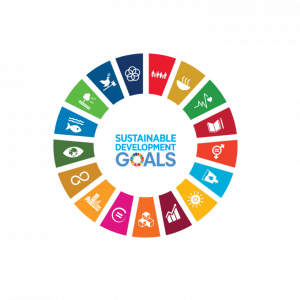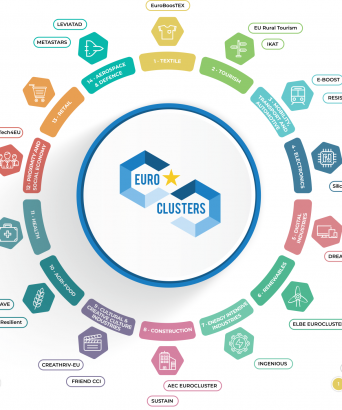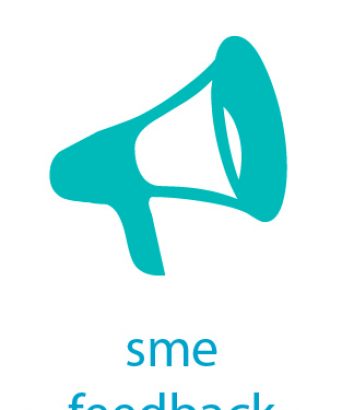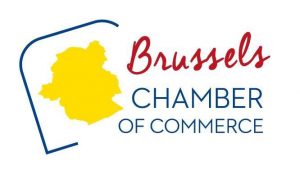 Sustainability was defined by the United Nations (UN) as “meeting the needs of the present without compromising the ability of future generations to meet their own needs.” The UN adopted 17 Sustainable Development Goals (SDGs).
Sustainability was defined by the United Nations (UN) as “meeting the needs of the present without compromising the ability of future generations to meet their own needs.” The UN adopted 17 Sustainable Development Goals (SDGs).
For an enterprise, putting durability at the core of its business means that instead of pursuing ONLY profits you ALSO strive to limit your impact on the environment and better take into account the needs of the society (including the needs from your personal). It means in the first step limiting your negative externalities (the damage you may cause) and in a second step strive for positive impacts.
Notwithstanding the focus on the environment, the economic and social aspects should not be forgotten : it is possible to make Profits while serving the People and the Planet.
These are the “3P” : Planet, People, Profits: let’s cover them progressively.
Economic sustainability
Becoming sustainable help you as a business also from an economic point of view :
- Cut costs, especially of materials and energy which are becoming scarer ;
- Better address growing demands of customers and investors ;
- Increase your societal reputation ;
- Innovate to improve your products and maybe come up with new products and services.
And if you have a sustainable business model from an environmental or social point of view, it still need to be sustainable economically so that you can at least earn your living and pay your employees. Economic sustainability will allow you to grow and expand your impact.
Environmental Sustainability
The environmental dimension of sustainability means taking greater care of the impact of your business on natural resources, pollution, biodiversity losses and climate change….
There are different levels of ambitions on this road :
- Limiting your negative externalities: the pollution you generate, the resources you use, the CO2 you emit …
- A low carbon economy : stop using fossil fuels and resources and reducing to the minimum the Greenhouse Gases emitted throughout the production and consumption of the products and services (including through their whole life circle).
- A circular economy : “In contrast to the traditional, linear, throwaway economy, in the circular economy, products are we designed and created so that they are easy to share, lease, reuse, repair, refurbish and recycle, while using regenerative resources and renewable energy. The goal is to minimise waste and to keep products and resources in the economy for as long as possible.” (MOVECO project, see more definitions in their glossary).
- A regenerative economy : this business model aims at regenerating the resources used for the production to going a step further than circular economy.
This is what the Region of Brussels aims at with the Regional Strategy for the Economic transition to help you move gradually up on this way.
For examples of circular economy business models, check these videos from Circlemade.brussels.
Social sustainability
As defined by the European Commission in its 2021 action plan for the sector, social economy refers to “private entities running economic activities whose main purpose is to provide goods and services to their members or the community at large, with profits coming second. They build on local roots, using solidarity and participation as core principles driving their activities”. This includes cooperatives, mutual benefit societies, associations, foundations and social enterprises.
More precisely, a social enterprise is putting social impact before profit while being viable economically (not depending structurally on grants or donation). Moreover it is managed thanks to a democratic governance. In the Brussels Capital Region, the recognition as social enterprises allow for some additional funding opportunities.
Join the move
As part of the Paris Agreement and the European Green Deal, the European Union aims to be climate-neutral by 2050. This means no net emissions of greenhouse gases by 2050 (not more emissions than what the earth can absorb), economic growth decoupled from resource use and no one and no place left behind.
New EU rules are coming in particular to make sustainable products the norm. Anticipating them will also help you be a first mover.
The Enterprise Europe Network (EEN) is now offering new advisory services to better guide you on the way to sustainability.
Contact us : bene@hub.brussels for more information and support!





